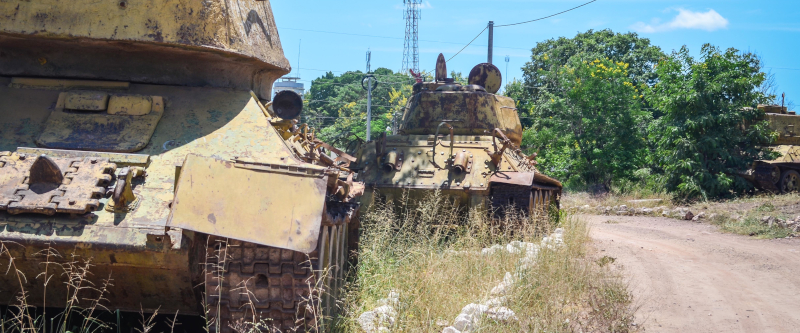
– US District Judge John Bates on BAE’s actions in the corruption cases “…deception, duplicity and knowing violations of the law, I think it’s fair to say, on an enormous scale”. In 2010, BAE Systems were fined $400 million by US authorities in relation to these corrupt deals, including Al Yamamah. Several other major arms deals by BAE Systems have involved large scale corruption. The company said it would implement the recommendations. The Woolf Committee, whose remit did not extend either to the nature of the company’s business nor to past allegations, reported in May 2008. In response to the many allegations, in June 2007 the BAE Board asked the former Lord Chief Justice, Lord Woolf, to review and evaluate the Company’s policies and processes relating to ethics and business conduct. However, Prime Minister Tony Blair ordered a halt to the investigation in December 2006 to protect relations with Saudi Arabia and ensure that the huge Al Salam arms deal for Typhoon fighters, the successor to Al Yamamah, went through in 2007.

They are believed to have found evidence of as much as £6 billion of bribes paid to members of the Saudi Royal Family and other key individuals, including over £1 billion paid to Prince Bandar bin Sultan. Rumours of corruption around the BAE Systems Al Yamamah deal with Saudi Arabia – the UK’s biggest ever arms deal, worth tens of billions of pounds, including Tornado fighter and Hawk trainer aircraft, started almost as soon as the contract was signed in 1985.īy 2004, after allegations about the company’s deals in a number of countries, the Serious Fraud Office opened an investigation. Dedicated anti-corruption legislation came with the Bribery Act 2010, which came into force in July 2011. In the UK, a clause in the Anti-terrorism, Crime and Security Act 2001 made bribing a foreign official a criminal offence from 2002. Opinion has moved strongly in the direction of seeing corruption as a wrong which distorts trade, and in 1997 the Organisation for Economic Cooperation and Development (OECD) adopted an Anti-Bribery Convention. The arms deals, with arms companies from five European countries, including BAE Systems in the UK, were motivated by at least £300 million worth of bribes paid by the companies to key decision-makers in the South African government. When South Africa signed deals worth $5 billion for arms it didn’t need in 1999, it was in the midst of the horrific HIV/AIDS epidemic, yet the government claimed it could not afford life-saving anti-retroviral drugs for its citizens. Projects involving bribes are often over-priced to allow the companies to recoup the money spent on bribes, and these costs can be passed on to the consumer or taxpayer in some form. It undermines democratic accountability and drains resources away from health care or education. Not a victimless crimeĬorruption is not victimless.

The UK government has often failed to take action in such cases, or even actively obstructed them. The UK has been involved in a large number of major arms trade corruption cases, many involving BAE Systems, the UK’s largest arms company, but also Rolls Royce, Airbus, and others. The close connection of the arms trade to top politicians in both buyer and seller countries also opens the way to the use of arms deals and the bribes that go with them for political gain, to fund election campaigns or line the pockets of key allies.The willingness of exporting governments to turn a blind eye to corruption, or even actively support it, to help their arms industry’s make the sale.The desperate competition to make big sales by different arms exports.The technical complexity of major arms deals, making it easy to hide corrupt payments in the deal’s value, and corrupt motivations in the selection process.The huge value of individual deals, providing opportunities for enormous bribes for individual decision-makers, even on just a few percent of the deal’s value.Several factors make the arms trade, and especially major arms deals, likely to be corrupt:


 0 kommentar(er)
0 kommentar(er)
